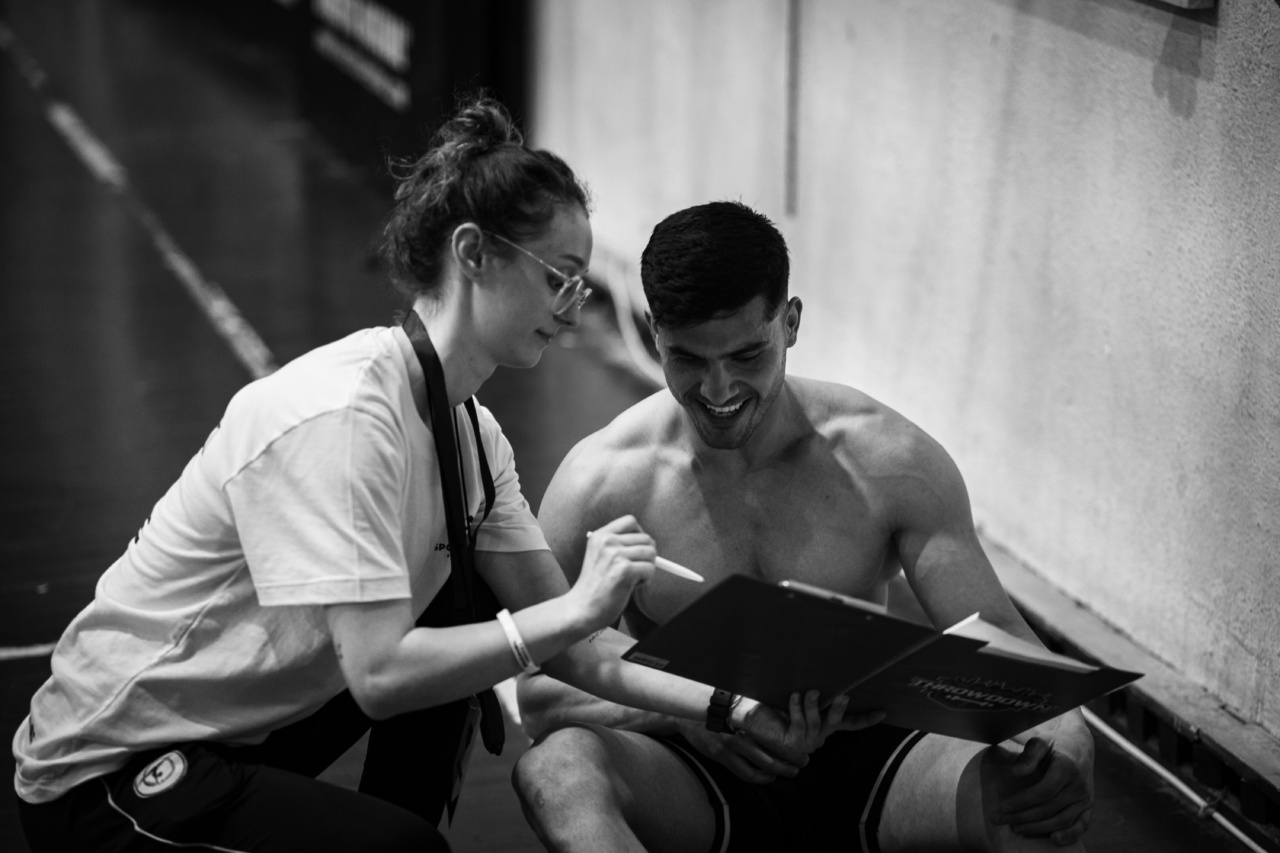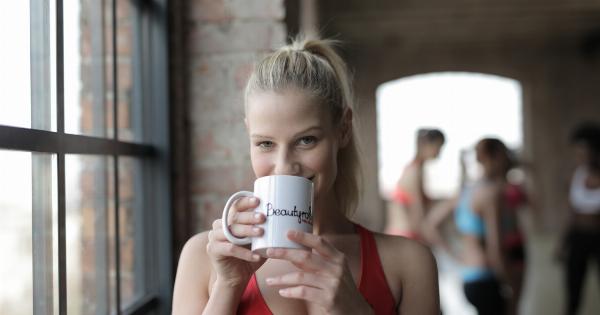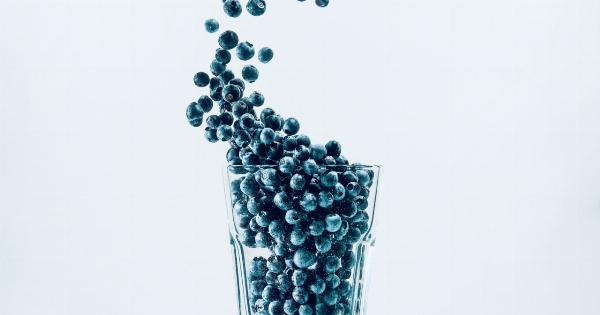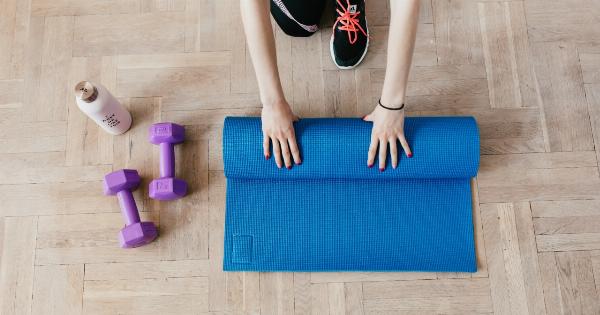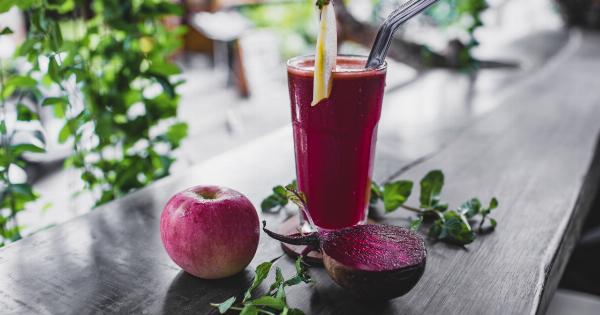Being a professional athlete requires not only intense training but also a carefully designed meal plan to optimize performance, support recovery, and enhance overall health.
Nutrition plays a crucial role in an athlete’s success, providing the body with the fuel it needs to excel in sports. In this comprehensive guide, we will outline a meal plan specifically tailored for athletes, focusing on the right balance of nutrients and the best food choices to fuel like a pro.
Understanding the Importance of Proper Nutrition for Athletes
Athletes have higher energy and nutrient demands compared to sedentary individuals due to their increased physical activity levels and intense training sessions.
Proper nutrition not only fuels their workouts but also aids in post-workout recovery, reduces the risk of injuries, and enhances overall performance.
The Basics of an Athlete Meal Plan
An athlete meal plan should be structured to include all essential macronutrients (carbohydrates, proteins, and fats) and micronutrients (vitamins and minerals) in appropriate proportions.
These macronutrients are the building blocks that provide energy and support muscle growth and repair. The key is to choose high-quality sources of each nutrient to optimize performance and recovery.
Timing and Nutrient Distribution
Timing plays a critical role in an athlete’s meal plan. Consuming the right nutrients at the right time can significantly impact performance and recovery. Here is a breakdown of nutrient timing for optimal results:.
1. Pre-Workout Nutrition
Prior to a workout or competition, an athlete should consume a balanced meal consisting of complex carbohydrates, lean proteins, and healthy fats.
This meal should be consumed 2-3 hours before exercise to ensure proper digestion and prevent discomfort during physical activity.
2. Intra-Workout Nutrition
For prolonged or intense workouts lasting more than 60 minutes, it is essential to fuel and hydrate during the activity.
Consuming easily digestible carbohydrates such as energy gels, sports drinks, or fruit can help maintain energy levels and delay fatigue.
3. Post-Workout Nutrition
Post-workout nutrition is crucial for recovery and muscle repair. Within 30 minutes of completing a workout, athletes should consume a mix of carbohydrates and protein to replenish glycogen stores and facilitate muscle recovery.
This can be achieved through a protein shake, Greek yogurt with fruits, or a balanced meal containing lean protein and complex carbohydrates.
4. Daily Meal Structure
Aside from pre, intra, and post-workout nutrition, an athlete’s daily meals should consist of a well-balanced combination of macronutrients. Here’s a breakdown of a typical athlete’s daily meal structure:.
Breakfast
Start the day with a balanced meal including complex carbohydrates, protein, and healthy fats. For example, a vegetable omelet with whole-grain toast and avocado.
Morning Snack
A nutrient-dense snack, such as a protein bar or a handful of mixed nuts and fruits, can keep energy levels stable during the morning.
Lunch
Aim for a meal with lean protein, whole grains, plenty of vegetables, and a small amount of healthy fats. For instance, grilled chicken breast with quinoa and a side of roasted vegetables.
Afternoon Snack
Refuel with a snack that provides energy and satisfies hunger, like Greek yogurt with berries or a protein smoothie.
Dinner
Another well-balanced meal that includes lean protein, complex carbohydrates, and vegetables. For example, grilled salmon with sweet potatoes and steamed broccoli.
Evening Snack
End the day with a light snack that has a good balance of protein and healthy fats, such as cottage cheese or a handful of almonds.
Hydration for Performance
Proper hydration is just as crucial as proper nutrition for optimizing athletic performance. Dehydration can negatively impact both physical and mental performance.
Athletes should aim to drink enough water throughout the day, especially before, during, and after exercise. Electrolyte-rich drinks can also be beneficial for prolonged and intense workouts.
Customizing the Plan
While this meal plan provides a general guideline for athlete nutrition, it’s important to customize it to individual needs, preferences, and specific sport requirements.
Consulting with a registered dietitian who specializes in sports nutrition can help athletes personalize their meal plans according to their unique goals and requirements.
Fueling your body like a professional athlete requires a well-designed meal plan that supports high-intensity training, enhances performance, and promotes optimal recovery.
By understanding the importance of proper nutrition, timing, and nutrient distribution, athletes can provide their bodies with the fuel it needs to excel in their chosen sports.
